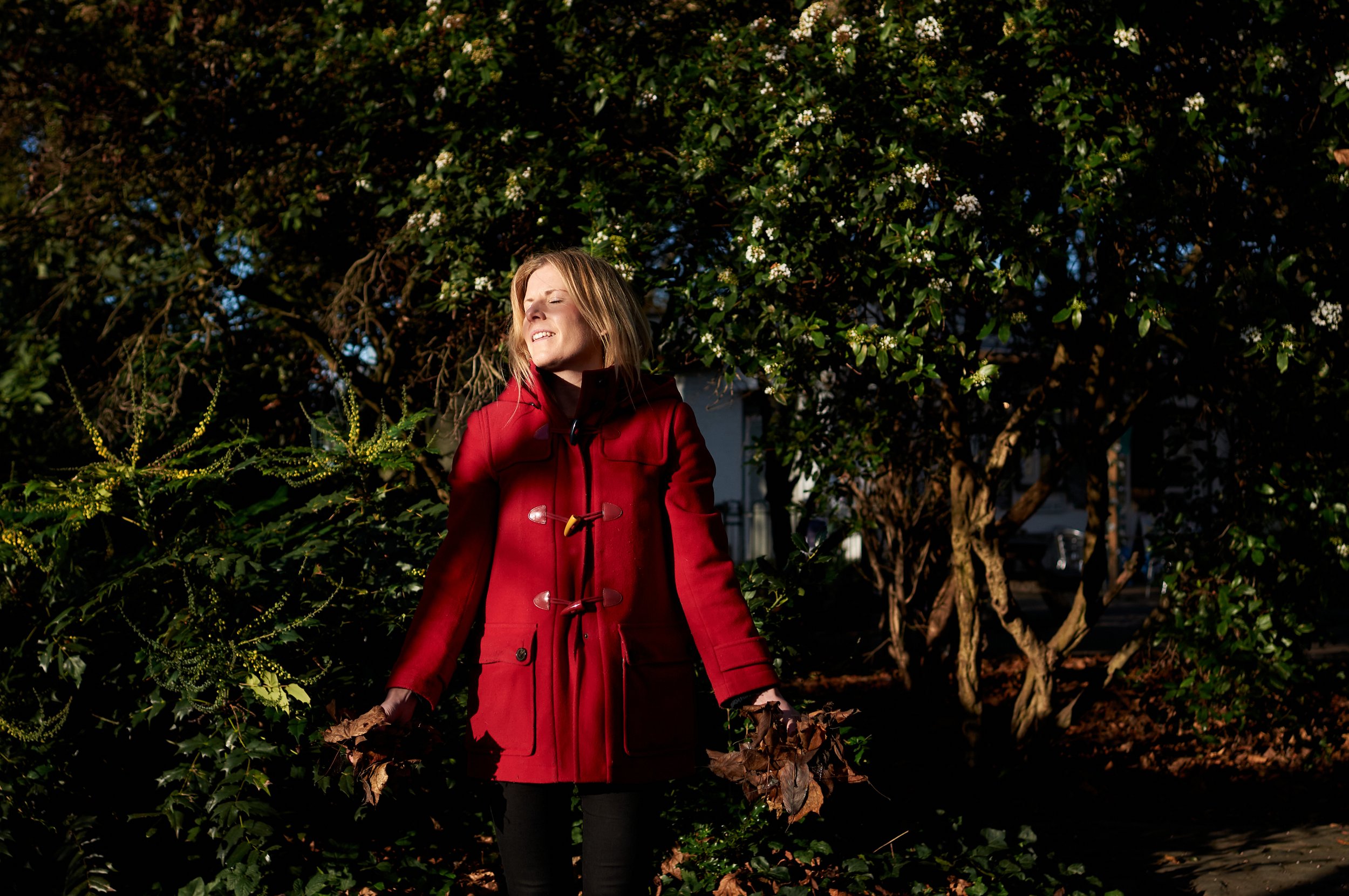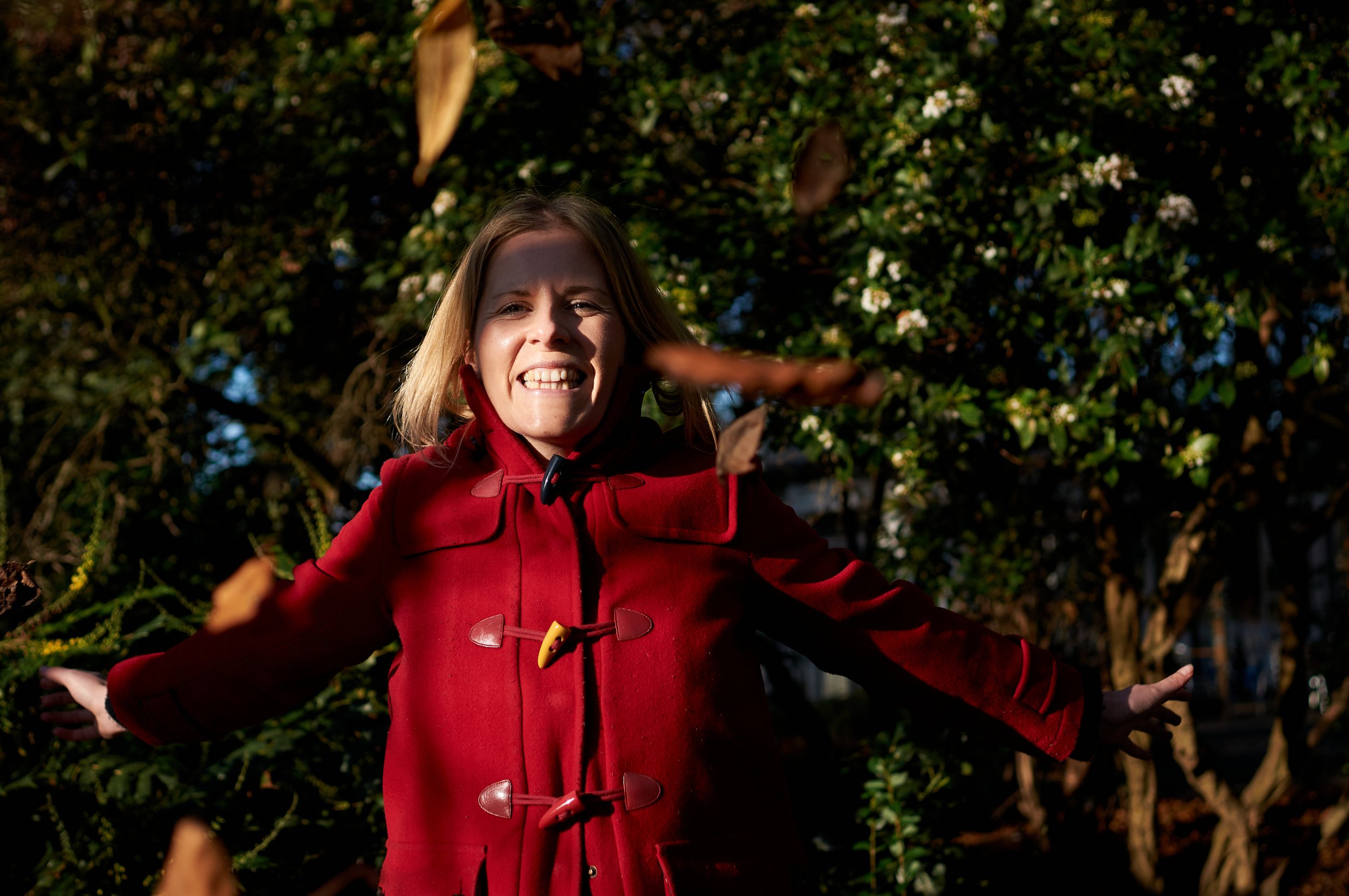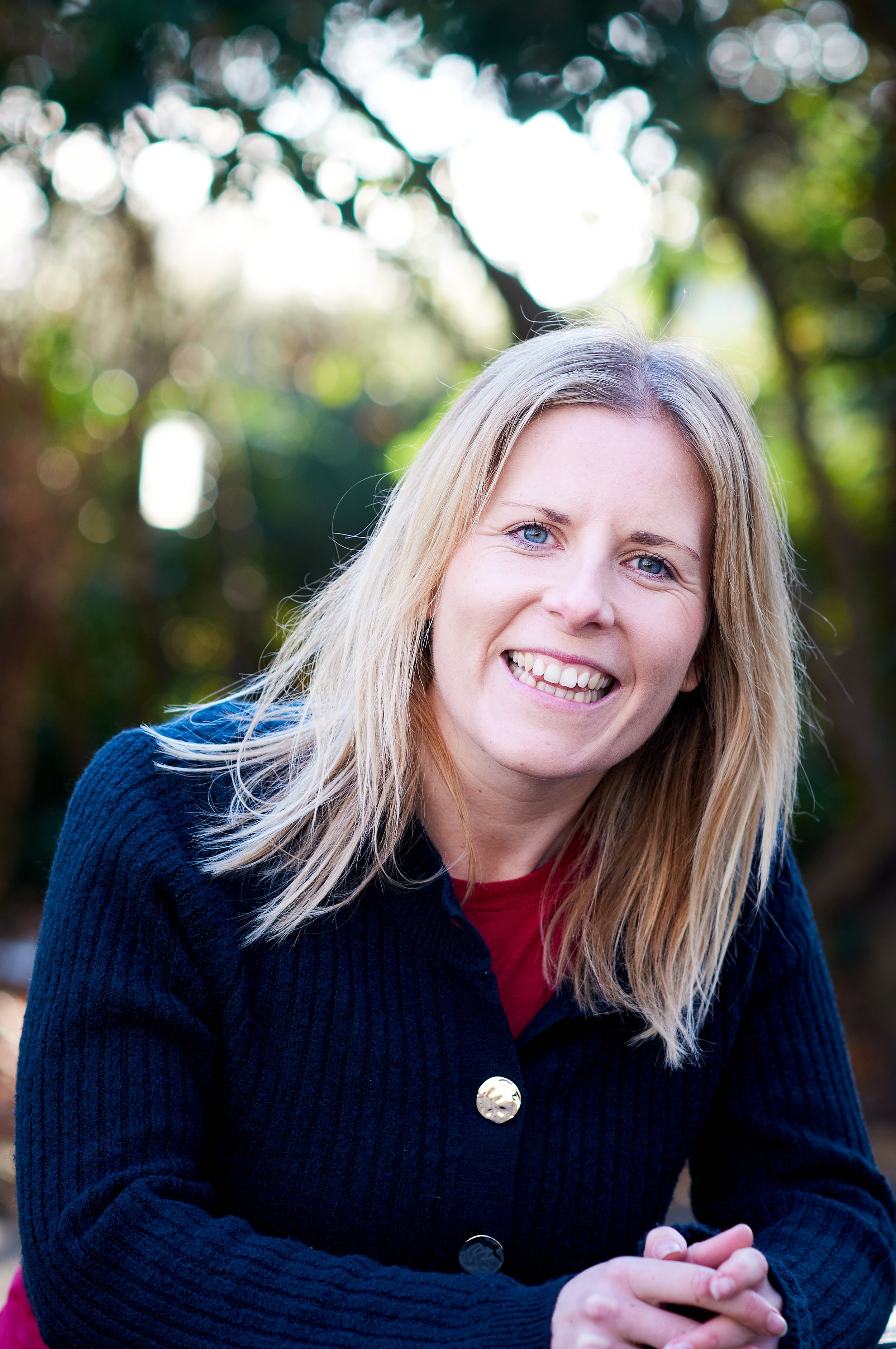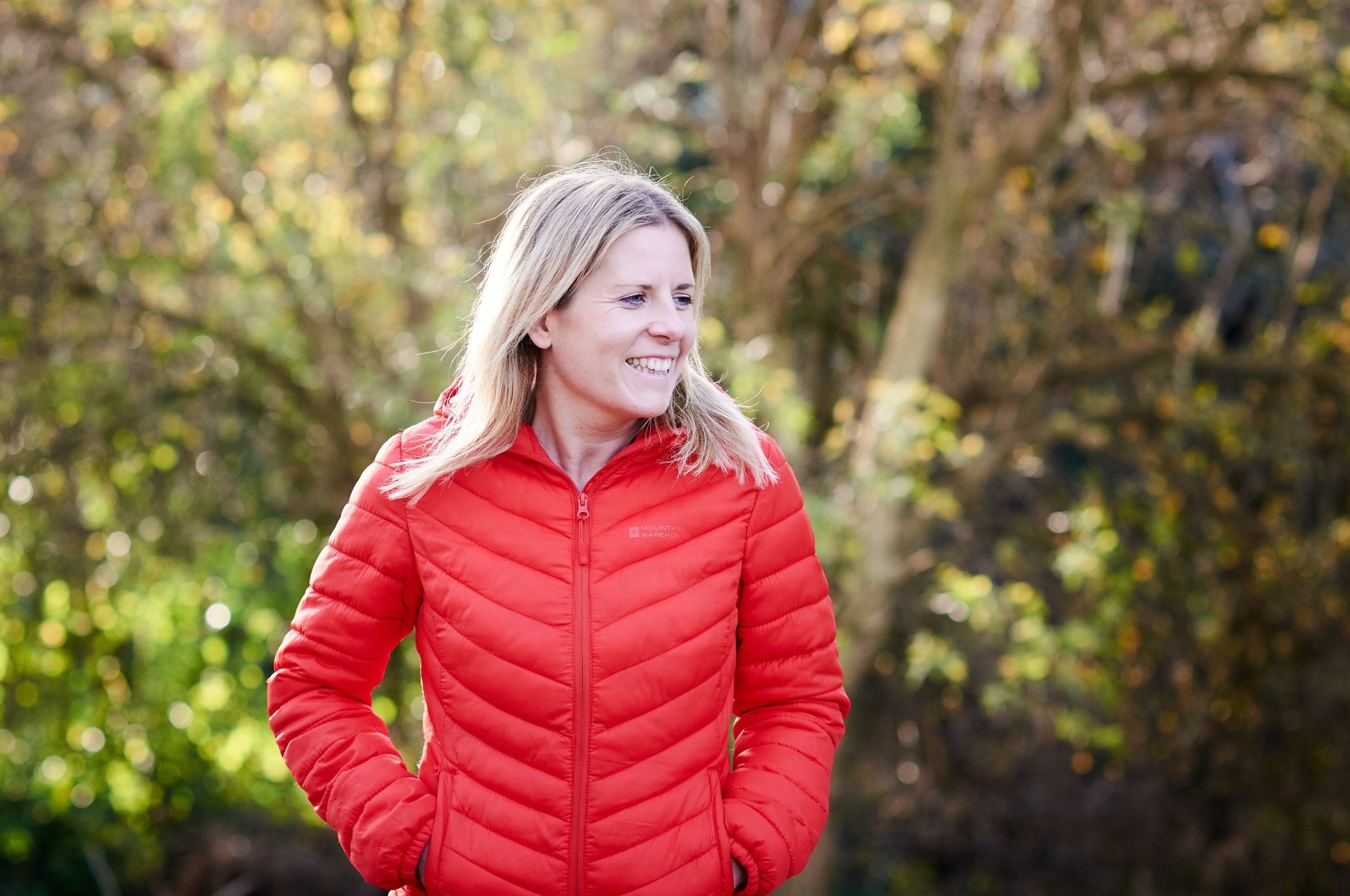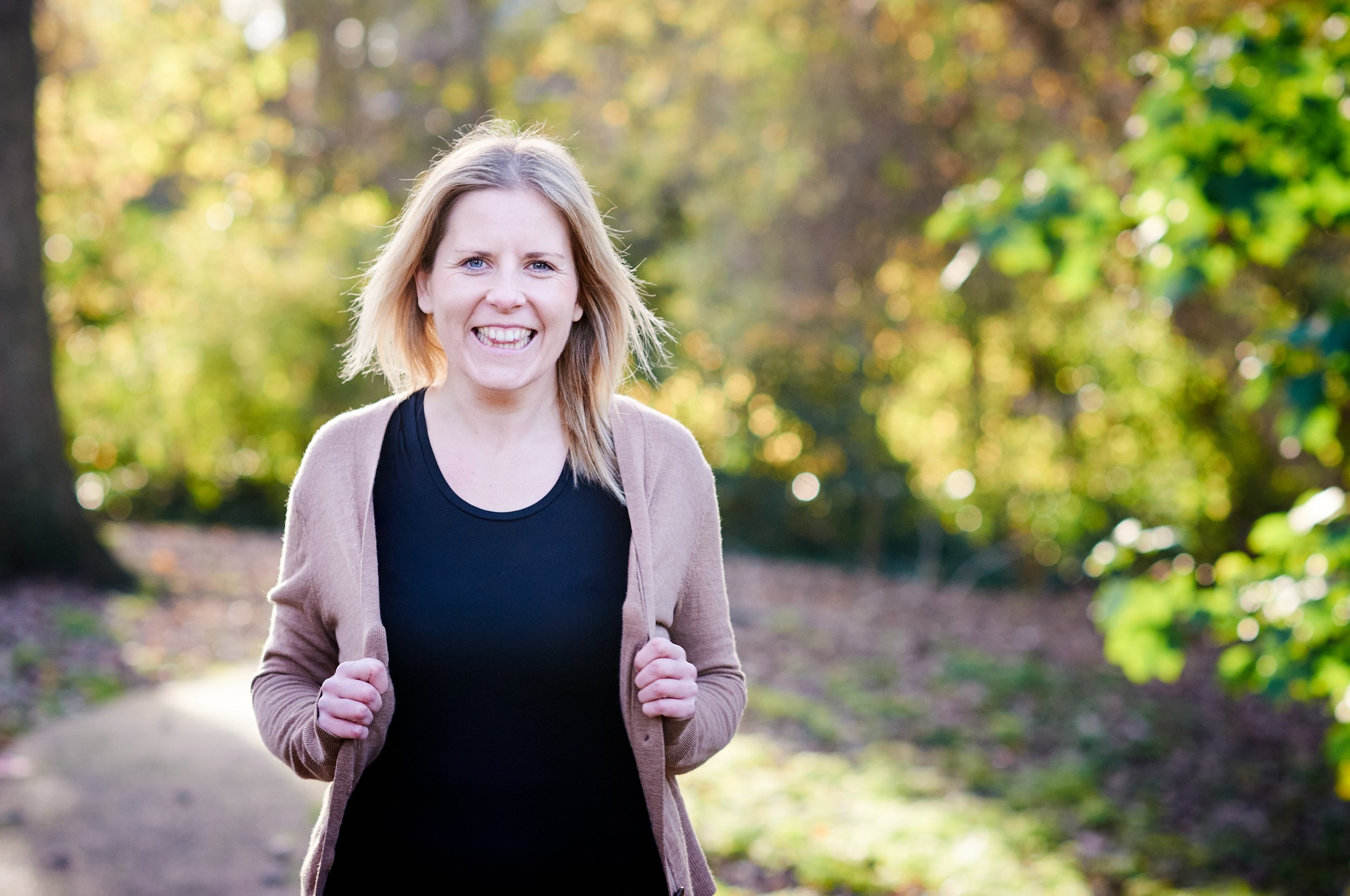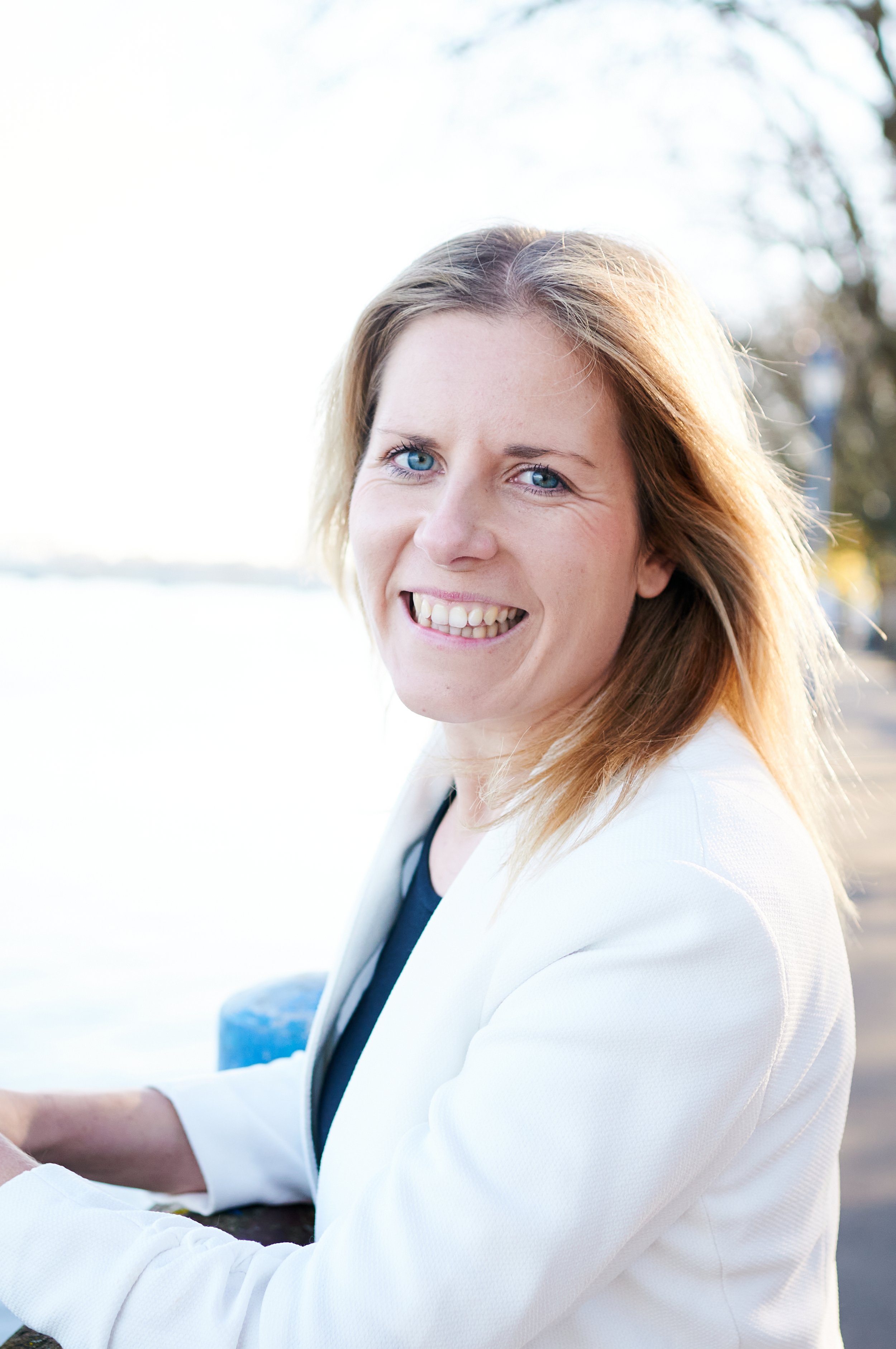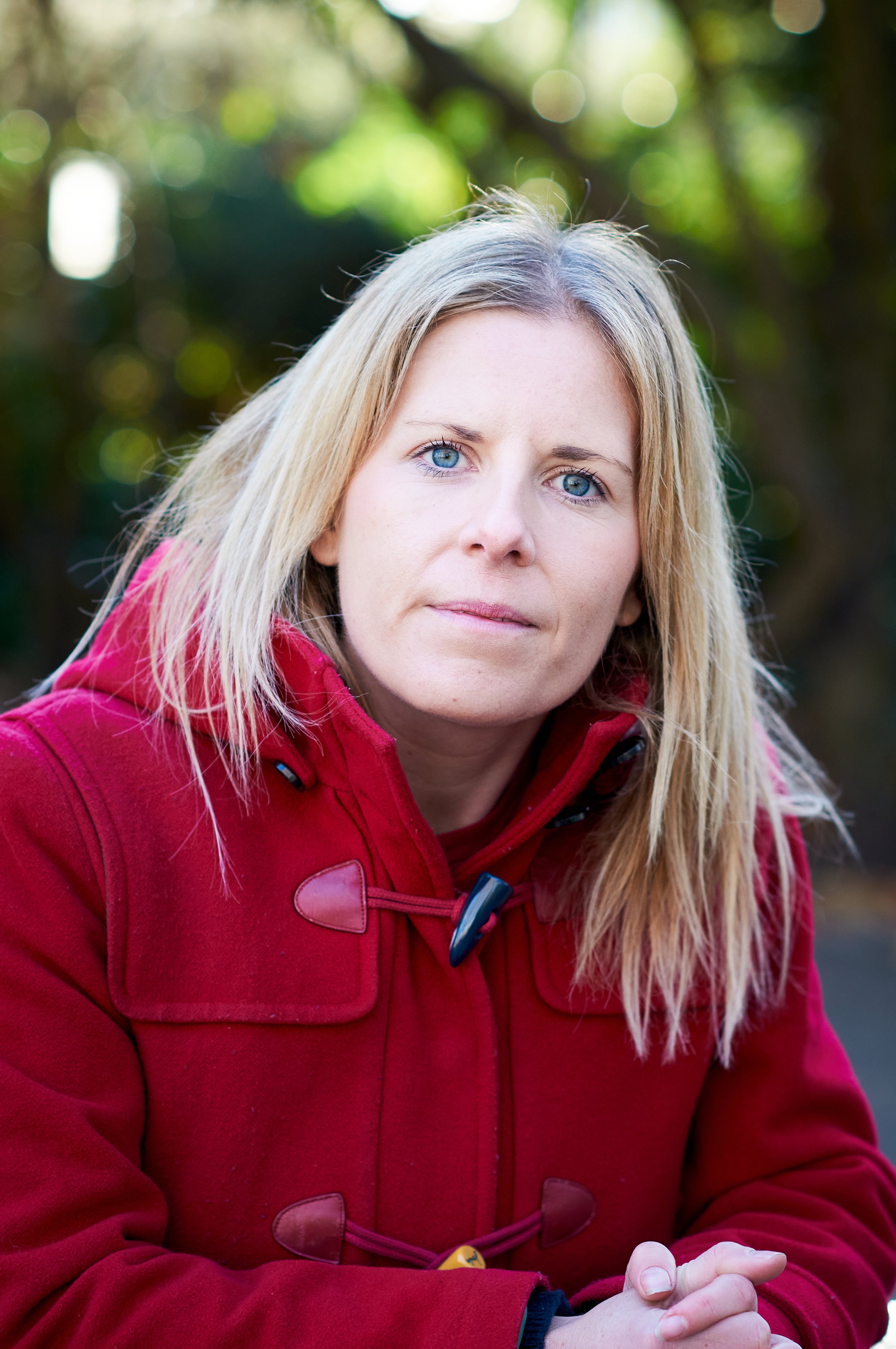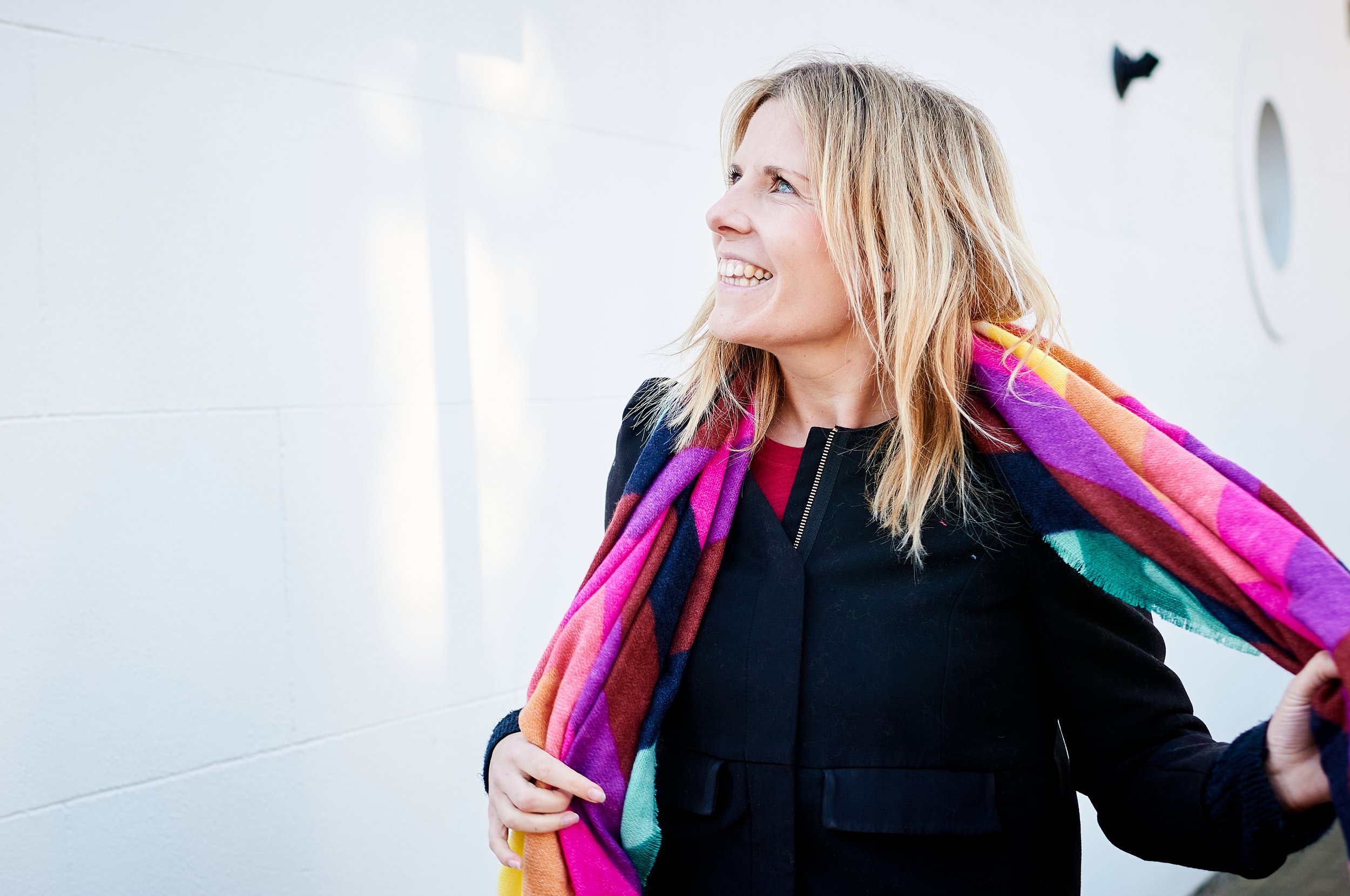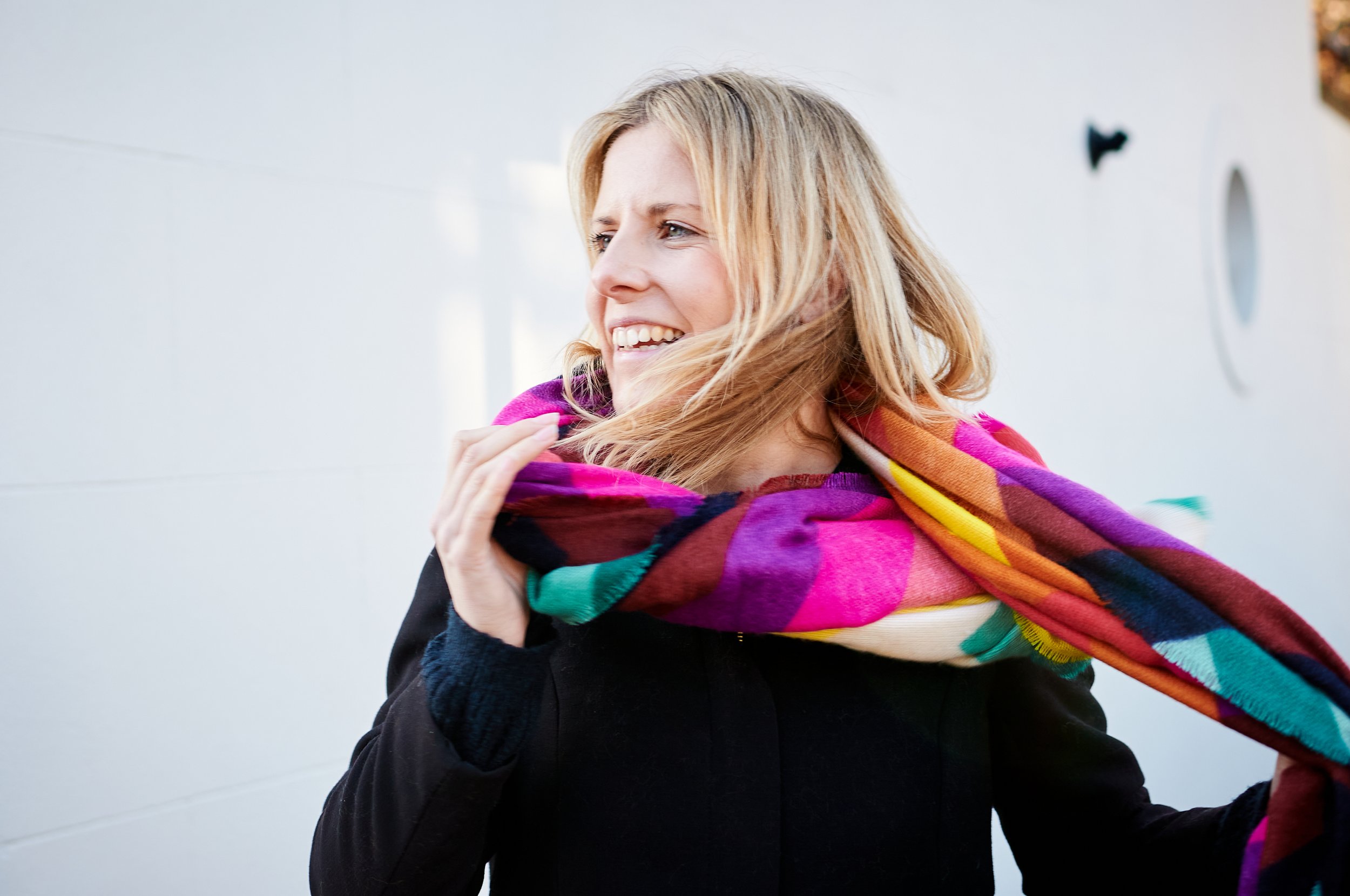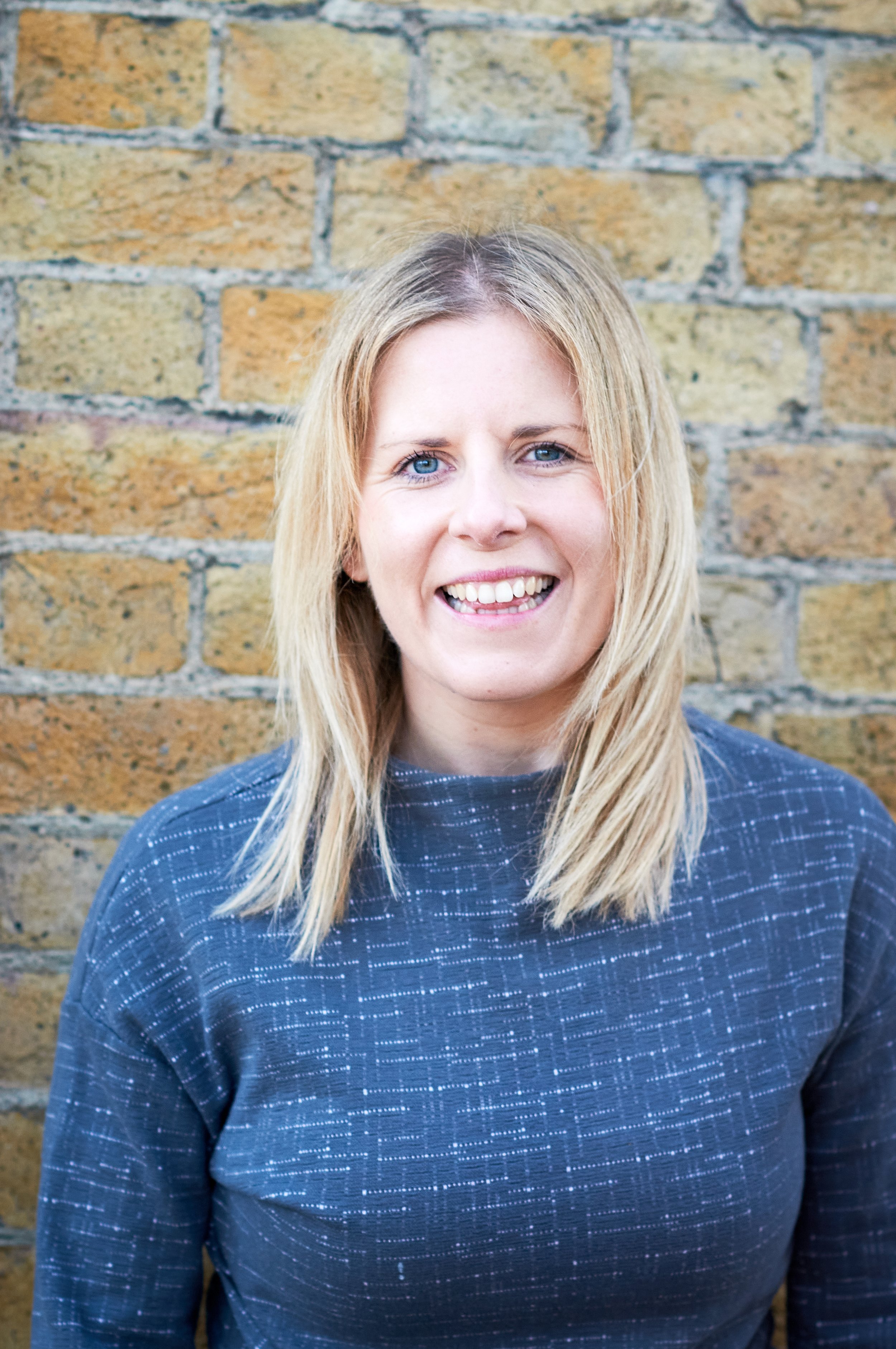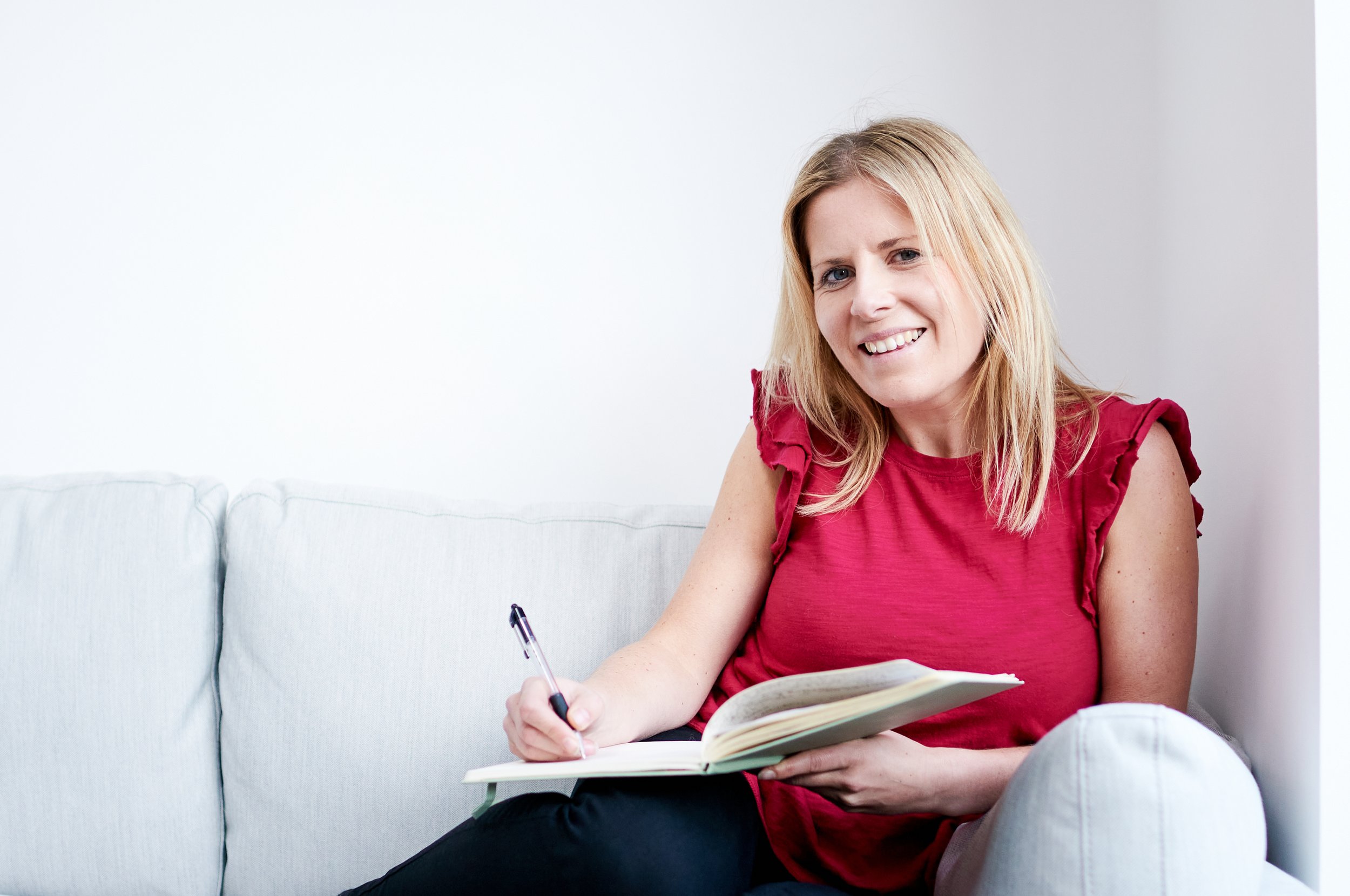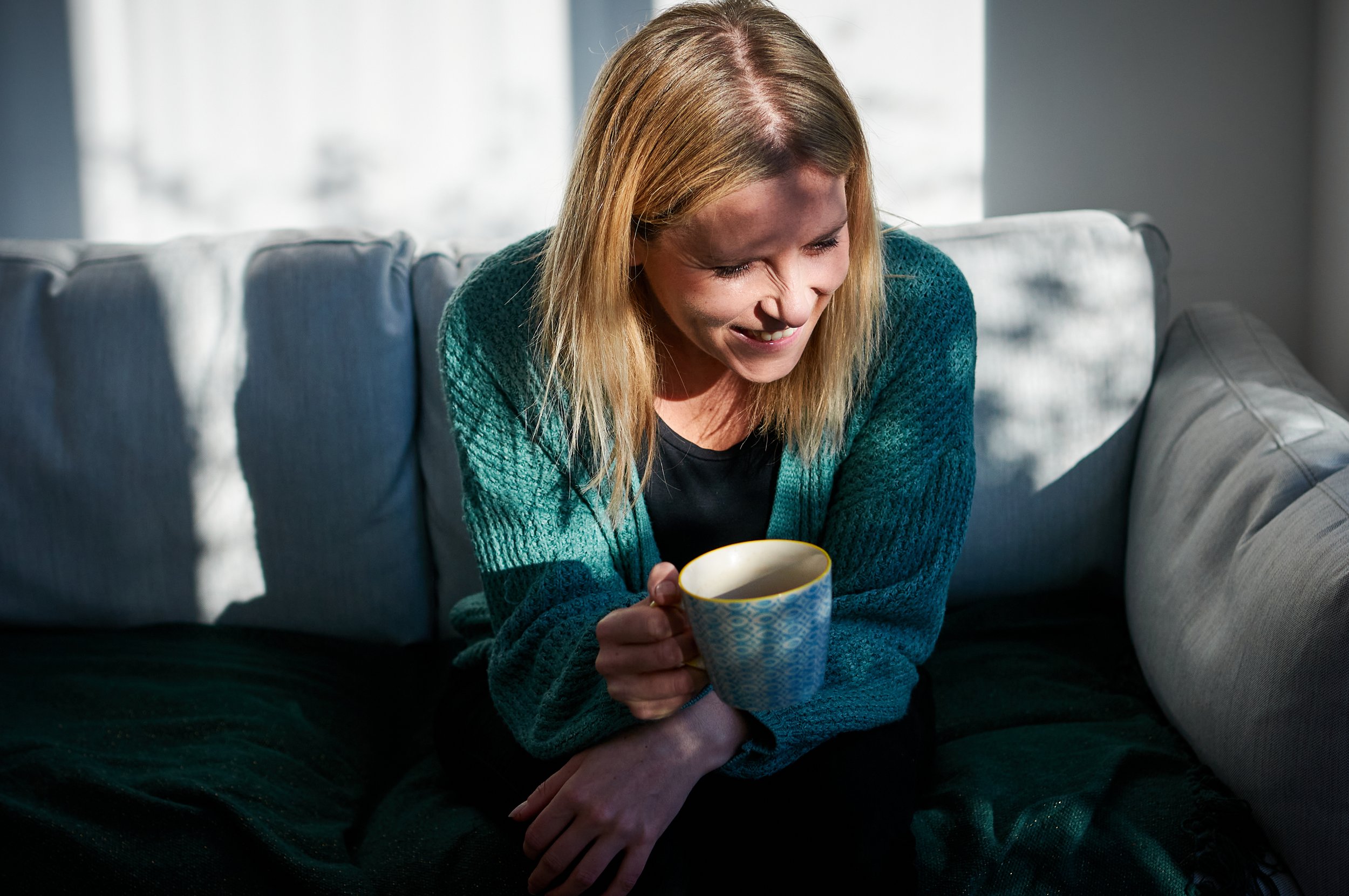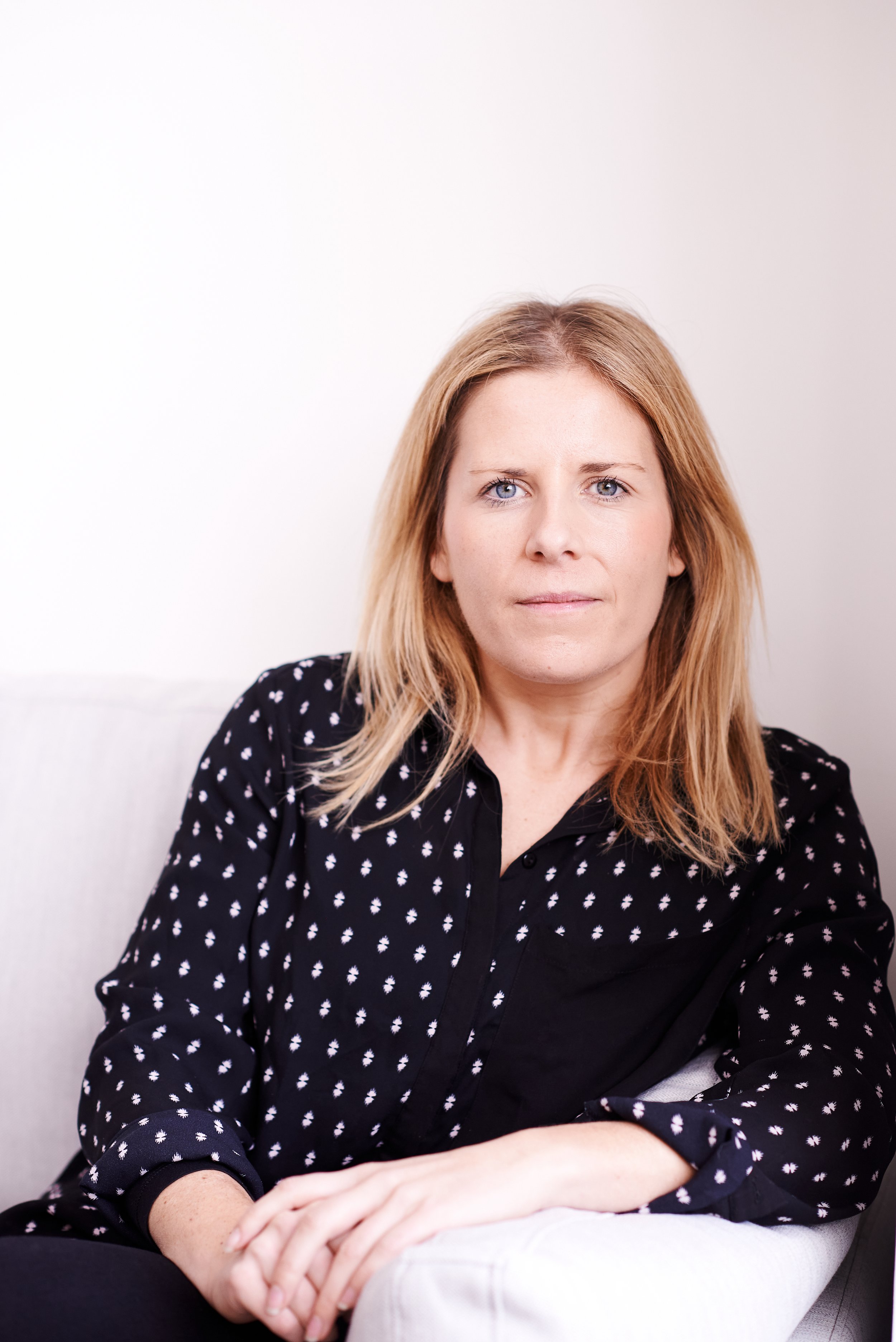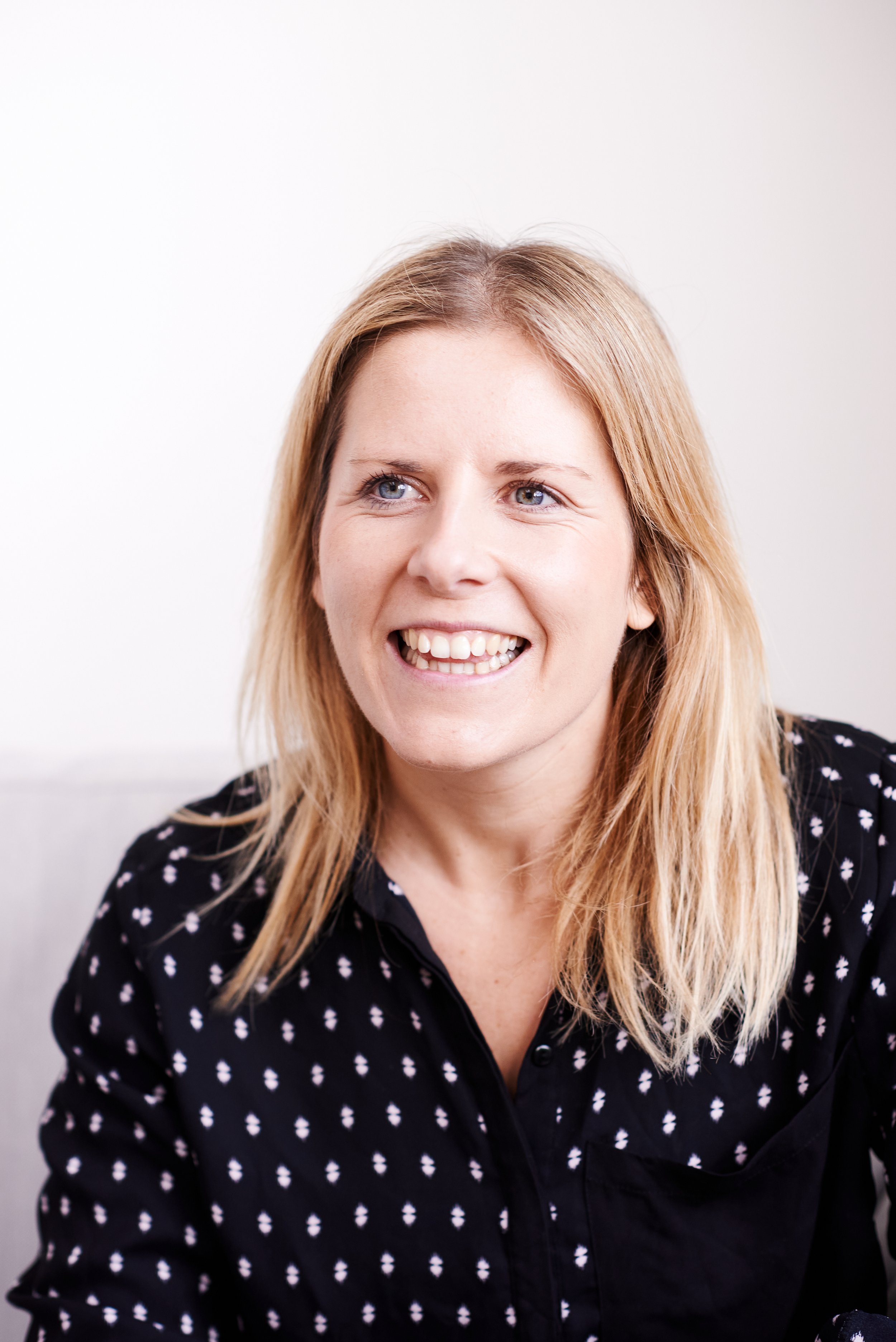I’ve rewritten this article about 15 times over the past year and never had the guts to post it. I’ve been too scared that I’ll say the wrong thing, offend, rock a delicate boat. Now I don’t want to be someone just jumping on a bandwagon. There are always reasons not to speak up, it would be easy to spend your life in silence. But I know now, through the bravery of so many others, that that’s not okay any more. It’s a disservice to our beautiful world to stay silent about issues I believe in.
So here’s me having a go at talking about BLM from the perspective of myself, because that’s all I can do. I hope it might, perhaps, inspire you to look at it all from your own perspective too.
I suppose the first question is who is myself? Myself is a white, middle class female, a photographer who runs a co-working space on the edge of Brixton and a sister, daughter and friend to a mixture of people with a mixture of perspectives themselves.
As a white person, I recognise that we are the ones who need to change our perspectives, educate ourselves and put in the work to change what we can. We must face our own prejudices, guilt, shame, complicity and fears, which is not easy to do. I’ve had many, sometimes heated, sometimes enlightening, sometimes heart wrenching conversations about BLM over the past few months. Some of the most interesting have also been the most challenging - those that have challenged my own beliefs, or called me out on things I’ve said. I’ve had conversations about my workspace and how to make it more inclusive to people of colour. I’ve been called out on suggestions for sponsorship or free desk spaces. I’ve found my voice rising and my stomach clenching when friends can’t hear my explanation about why this needs to be ‘black lives matter’ not ‘all lives matter’. Why we need to readdress who we worship in this country - who is recognised in stone and who isn’t. And yet again, I’m white and I haven’t felt the full force of inequality. I can’t imagine how torn and twisted your stomach feels as someone who has, and has to have those conversations with white people. I’m sorry for my part to play in that.
As a photographer, I see inequalities everywhere. Photography has always been, without doubt, dominated by white, mainly male photographers. It is changing, as are many industries, but not actively. Or at least not from where I see it. I have, many times, very uncomfortably photographed minority communities through my white, privileged lens. I’ve recognised the irony in this, the ethics have always jarred. And I’ve talked about it. But I’ve never actively addressed it.
Have you ever sat and thought about who takes the photos that we consume every day and form our interpretation of our world from? In our media, our advertising and our history books? How many of those photographers are black? How many are ‘middle class’? How many are male? That’s the lens that we learn from.
Somehow, as an industry we have to change this. We can start as individuals by asking ourselves questions - who do I look for when I bring on a photography apprentice? When I’m asked to photograph different communities, am I the right person for the job or is there someone within that community who can capture it with a different lens? We need our imagery and our view of the world to reflect the views of our people - across different races, ethnicities, religions, sexualities and genders. And we cannot do that if our photographers don’t reflect our population.
Co-working opens a whole new conversation, one for another time perhaps. But there are many questions that are being asked around our communication, representation and presentation of our spaces to enable full inclusion. For me and our space, BLM raises conversations about connecting more with our local community and understanding who those communities are.
This is all big stuff and isn’t something that will change overnight. If we’re to continue moving forward towards a more equal society, then we’ve got to continue this conversation forward, not just during the media storm, but beyond. We’ve got to keep asking questions, keep acting on them, keep learning. And we’ve got to make sure that it’s not an empty conversation - take our time to make the right decisions within our industries, our workplaces, our society and within ourselves. I personally promise to continue to do this.
Stay peaceful and open to change.


